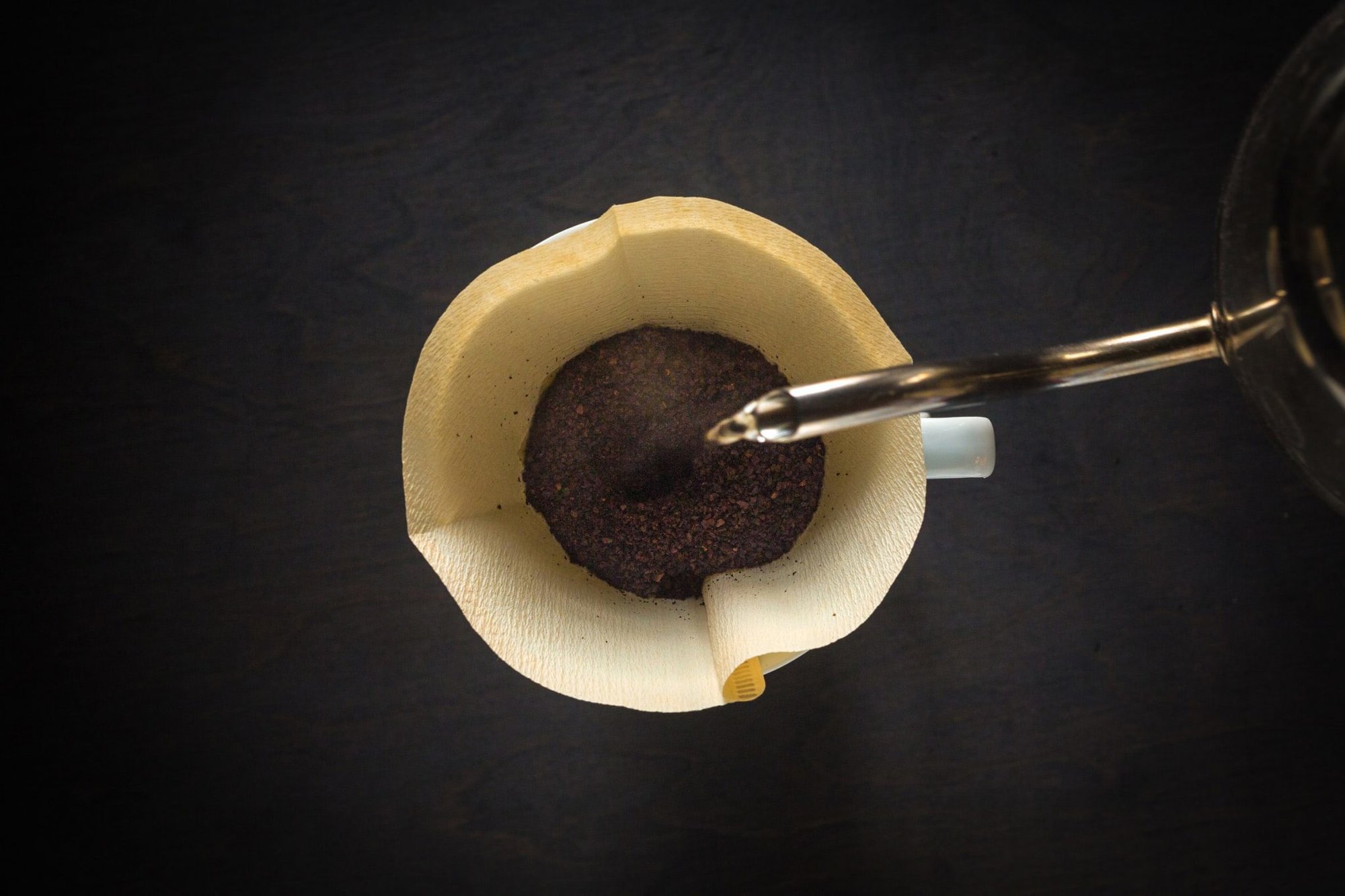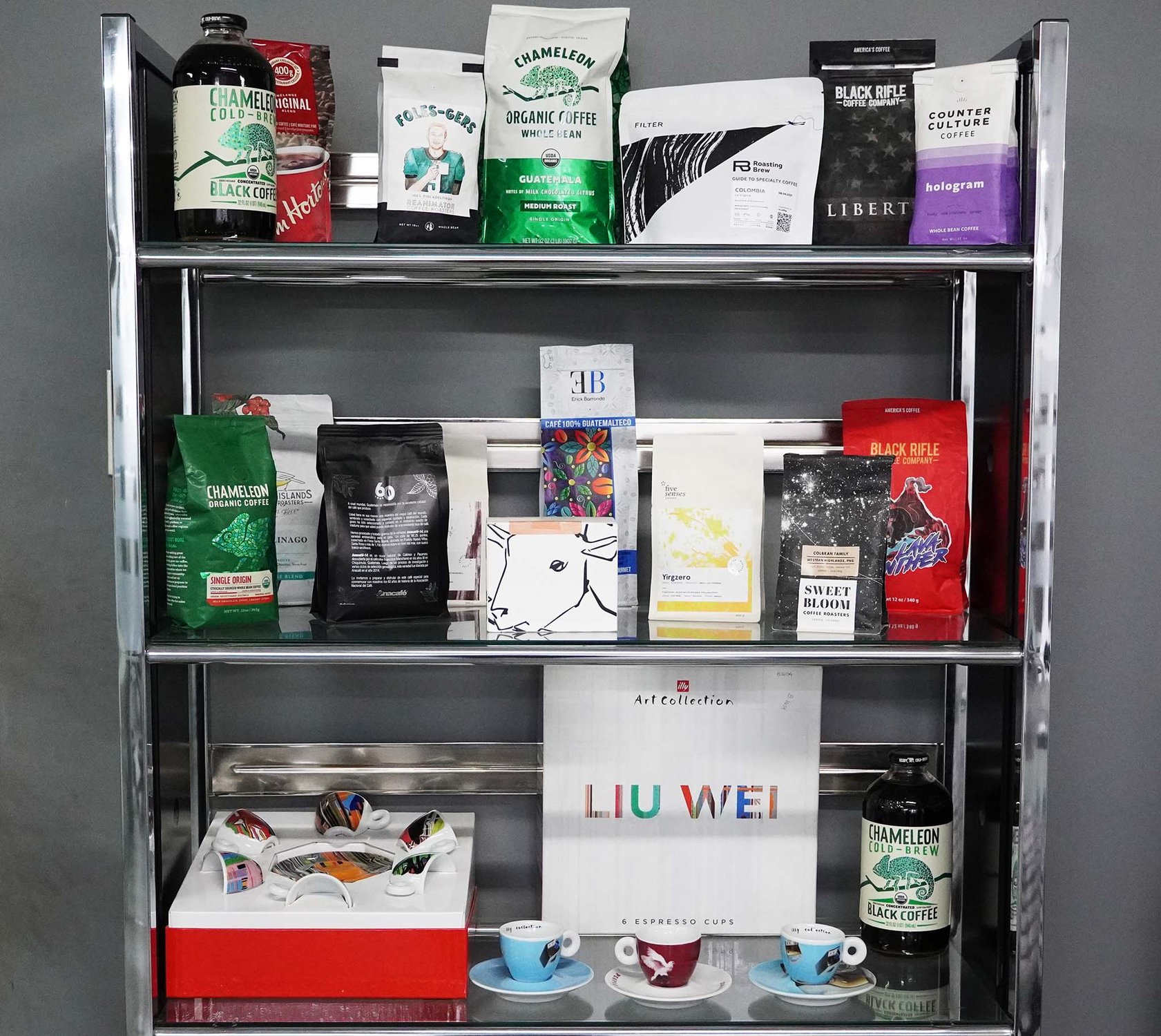What Is Specialty Coffee? An Updated Definition of the Most Desirable Brews

The Specialty Coffee Association recently released a white-paper informational document offering an updated definition of the term “specialty coffee” that not only focuses on quality but also on the attributes of our favorite bean. Photo by Patrick Fore, courtesy of Unsplash.
When you hear the term “specialty coffee,” what comes to mind? While many coffee consumers may think their favorite local coffee shop brews are, indeed, special, narrowing down a clear definition of this trade-standard classification remains a challenge for many in the coffee industry.
In the past, the term “specialty coffee” as it applied to everyday consumption was largely focused on one attribute: quality. The Specialty Coffee Association, or SCA, recently released a comprehensive report meant to define the coveted classification. To that end, the SCA’s criteria include a coffee’s quality as well as its value within the coffee industry.

“We believe that the attributes conception explored in this paper lays the groundwork for a more inclusive, diverse, and prosperous specialty coffee community, supporting our values of working towards a more thriving, equitable, and sustainable coffee industry,” the SCA report reads.
The updated definition now states, “Specialty Coffee is a coffee or coffee experience recognized for its distinctive attributes, and because of these attributes, has significant extra value in the marketplace.”
This new definition is a refreshing take on the misguided notion that coffee quality is based solely on the quality of the bean. Coffee production is a multistep process. And quality comes down to the human touch — from the producers, buyers, and roasters. Even the barista has a hand in the ultimate quality of any brew.
According to the SCA, its new attribute-based definition “celebrates and includes all of the specialty coffee cultures of the world, as diverse and varied as they may be, honoring the idea that there may not be absolute value judgments for such a complex and widely-loved product as coffee.”
Read Next:

Kelly Getzelman is a former staff writer for Coffee or Die Magazine. A retired Navy SEAL chief petty officer, Getzelman has nearly two decades of special operations experience and is always ready to ship out on his next epic coffee adventure.
BRCC and Bad Moon Print Press team up for an exclusive, limited-edition T-shirt design!
BRCC partners with Team Room Design for an exclusive T-shirt release!
Thirty Seconds Out has partnered with BRCC for an exclusive shirt design invoking the God of Winter.
Lucas O'Hara of Grizzly Forge has teamed up with BRCC for a badass, exclusive Shirt Club T-shirt design featuring his most popular knife and tiomahawk.
Coffee or Die sits down with one of the graphic designers behind Black Rifle Coffee's signature look and vibe.
Biden will award the Medal of Honor to a Vietnam War Army helicopter pilot who risked his life to save a reconnaissance team from almost certain death.
Ever wonder how much Jack Mandaville would f*ck sh*t up if he went back in time? The American Revolution didn't even see him coming.
A nearly 200-year-old West Point time capsule that at first appeared to yield little more than dust contains hidden treasure, the US Military Academy said.












